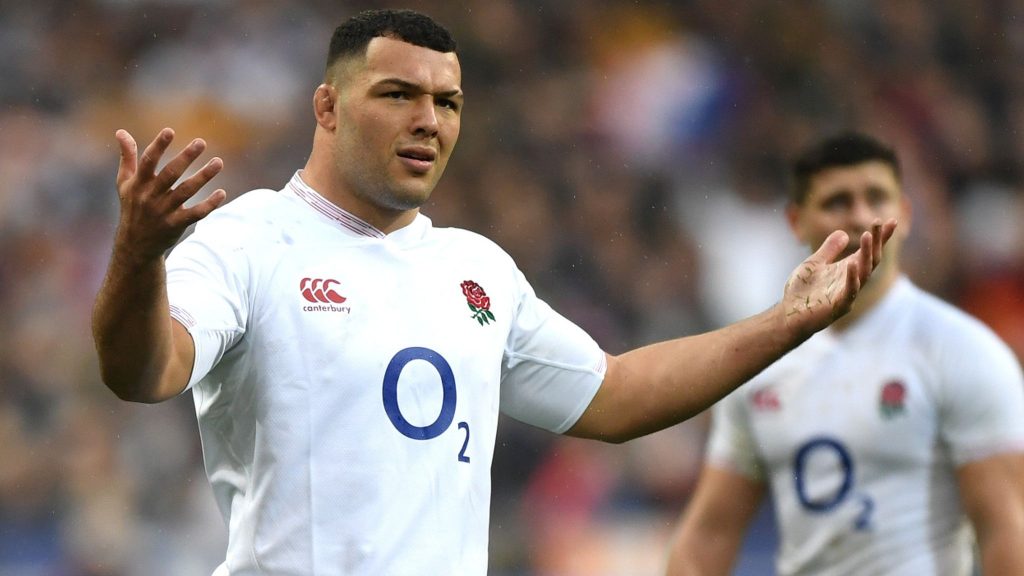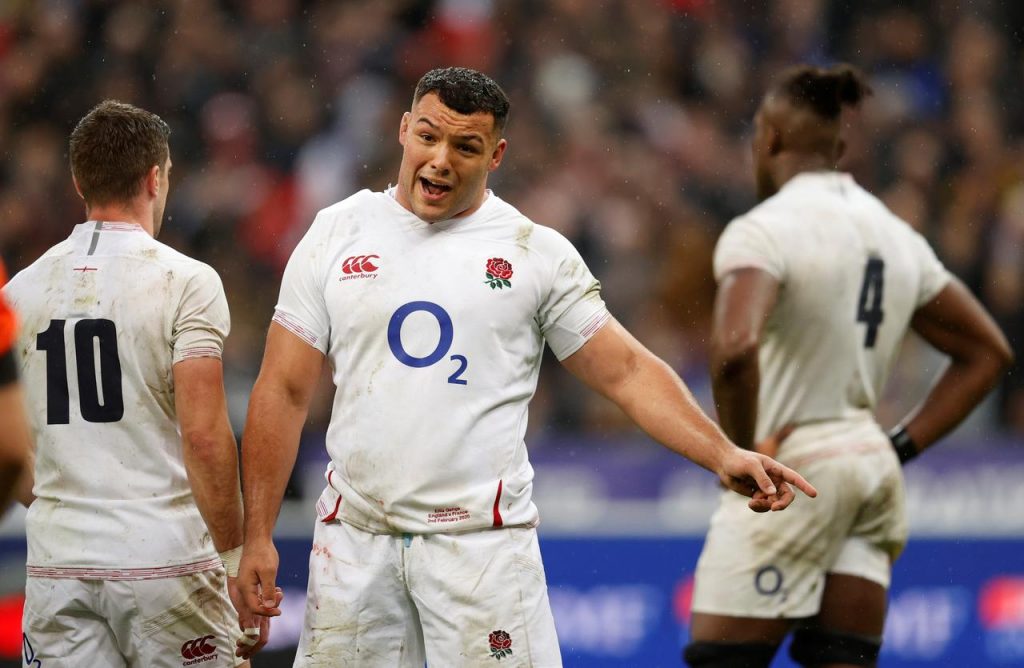England prop Ellis Genge says rugby still has one serious problem
Latest posts by Will Matthews (see all)
- Brian O’Driscoll slams Irish rugby fans that need to take a “hard look” at themselves - March 2, 2025
- New Zealander lands the head coach role at Munster Rugby - February 26, 2025
- ORIGIN ROUND: Shane Daly is proof that it’s never too late - February 25, 2025
Class.
England prop Ellis Genge has told William Hill’s podcast, Up Front with Simon Jordan, that rugby has got a class problem and the infrastructure isn’t there towards the lower end of the game to nurture younger talents who don’t have the same opportunities as those who go to private schools with access to the better facilities and coaches.
Featuring on William Hill’s Up Front with Simon Jordan, a podcast hosted by the former Crystal Palace owner who speaks to sports stars and celebrities and challenges their opinions whilst scrutinising their careers, Genge said:
“Rugby union has definitely got a class problem. I’ve seen it first hand over the years from when I started going to trials. At a younger age, which kids miss out on becoming a professional rugby player is massively dependant on the class divide in the sport – and I’m strictly talking a financial divide here.
“If you’re a nice enough bloke and you don’t cause any problems, you’re going to get a chance. When talking about all the kit you need to buy, the hours you need to drive to go to all the schools and rugby festivals, ultimately, the private schools have the best facilities and the best coaches, they’re going to produce better talent – and I get that.
“But, athletically and in terms of raw talent, I know where that is. The kids with raw talent and aggression, that are hungry to get out of where they’re from, I know where that is and that’s in those deprived areas. That’s what it all whittles down to – money.”
When asked about the financial situation that rugby is in at the moment, Genge commented on how the lack of money towards the bottom of the game emphasises the disparity between private school players and those from rougher areas with regards to equal opportunity.
“To be honest, I think the sport has been quite openly on it’s a*** for a while now, especially in the financial department so if they haven’t got the money to build on the infrastructure and the resources at the bottom of the game, then it’ll be a challenge to overcome the divide,” Genge said.
“I don’t think we need to make a big song and dance about under-representation within the sport, I just think there should be equal opportunity at both ends of spectrum, whether you’ve got a load of money to start with or f*** all, let’s look at both sides of the coin.
“It’s not about gearing everything towards these private schools to find the talent, it should be about going to the deprived areas as well and try and find talent there. That’s where you find the diamonds in the rough.”
Genge then touched on the difference between rugby and football, where talents are picked up at a very young age in comparison to those in rugby who have to “do it the hard way” and only end up getting scouted in their early twenties having been to university.
“When I was growing up I felt it firsthand,” Genge added.
“I don’t know if it’s like that anymore and I think the dynamic has changed as people have recognised it more.
“In football for example, you see kids getting signed up at eight, nine and 10-years-old, because the talent and the infrastructure is grassroots and they know if there’s a good player.
“In rugby however, and I use Alex Dombrandt as an example, he signed his first professional contract when he finished university at 22, and he’s one of the best number eights in the Premiership now.
“The pathways between the two sports are very different, the talent identification isn’t there in rugby, I don’t think the biggest talents in football had to go to university and get scouted there and do it the hard way. The infrastructure in rugby at the bottom of the game needs a lot of work and funding to do so.”



